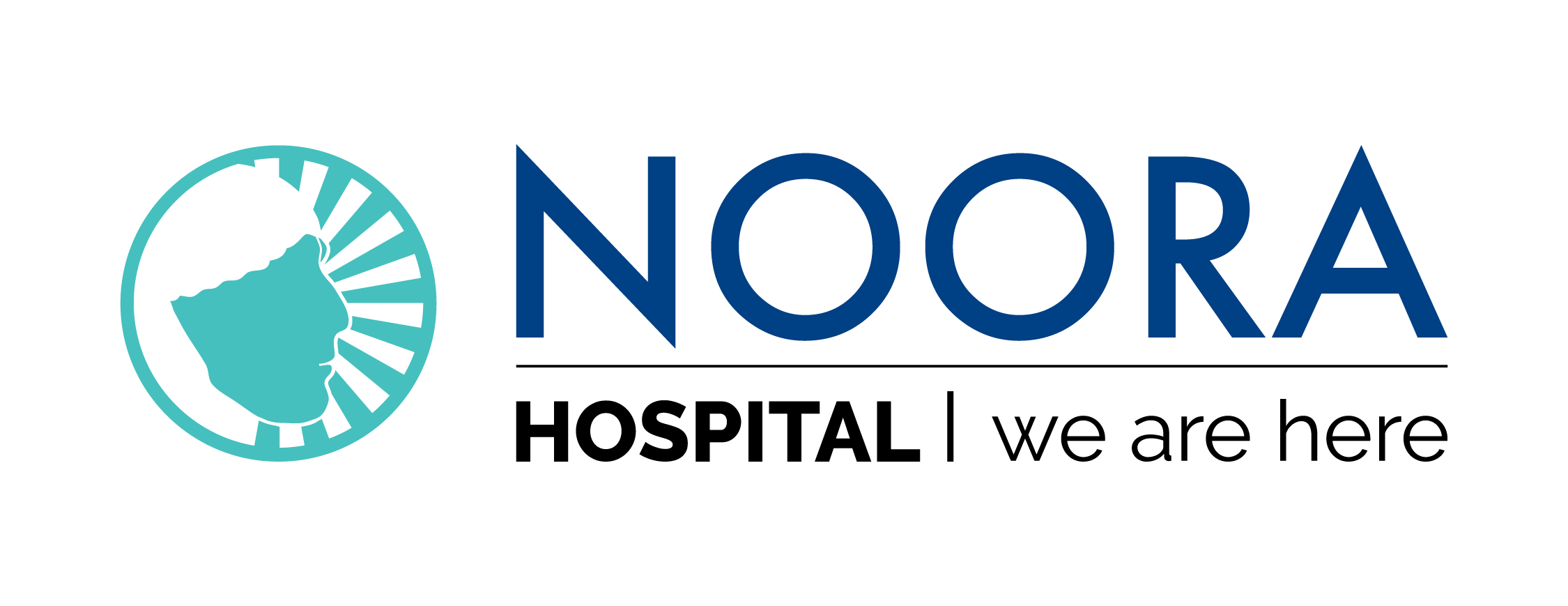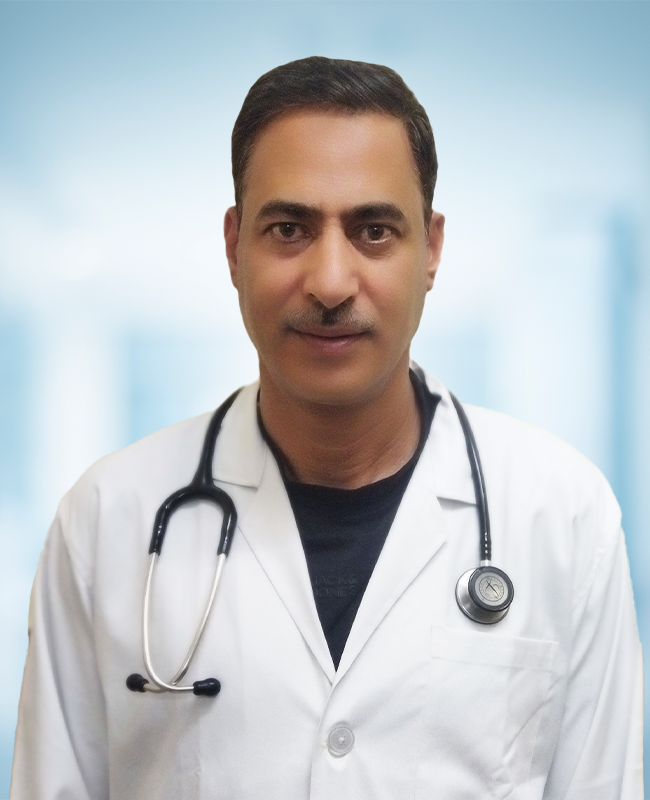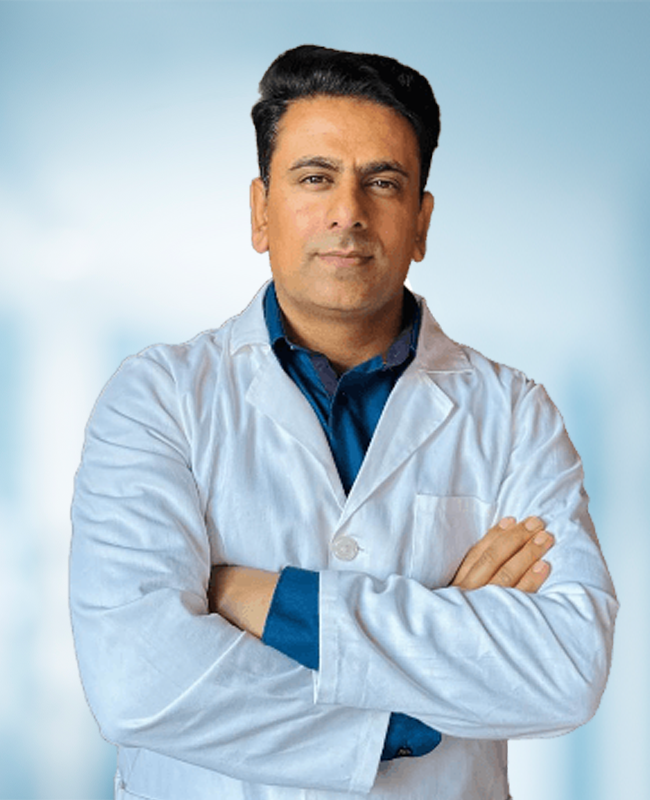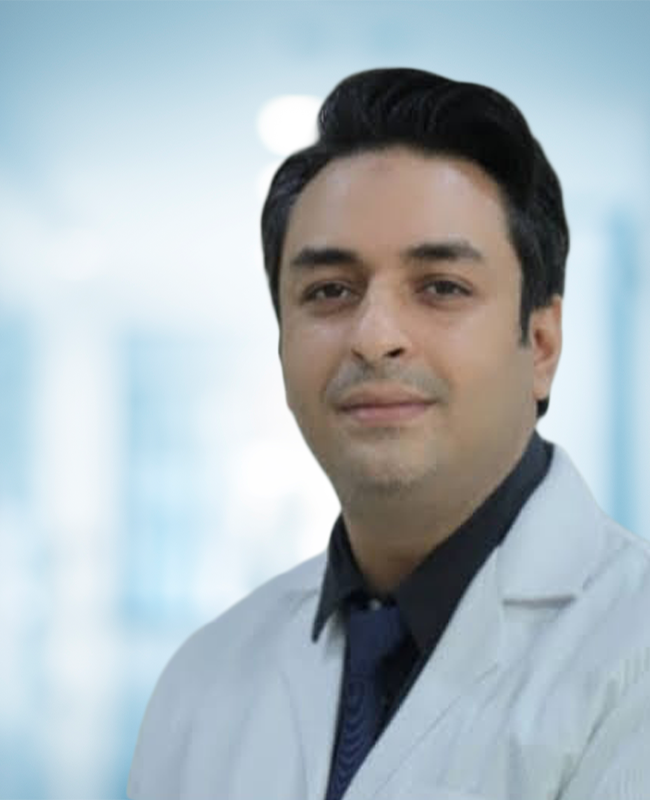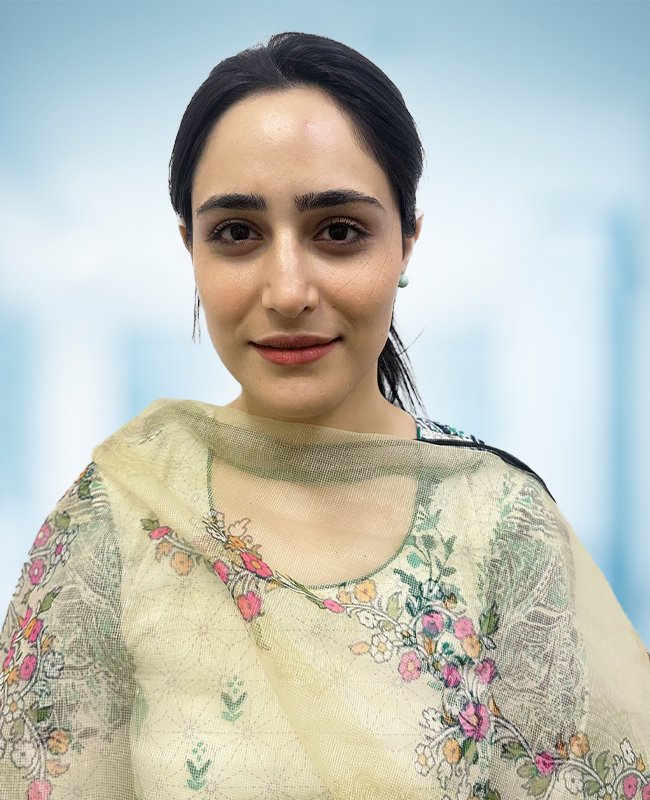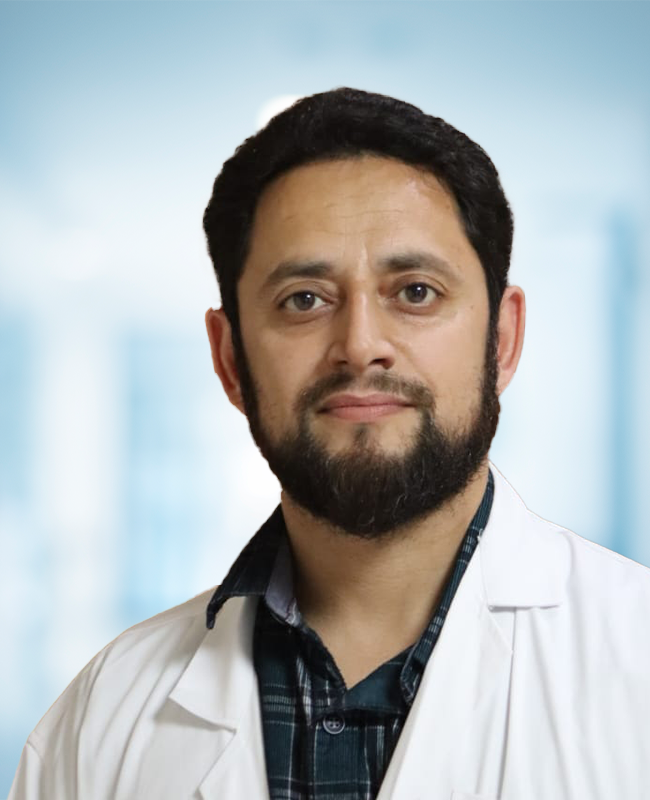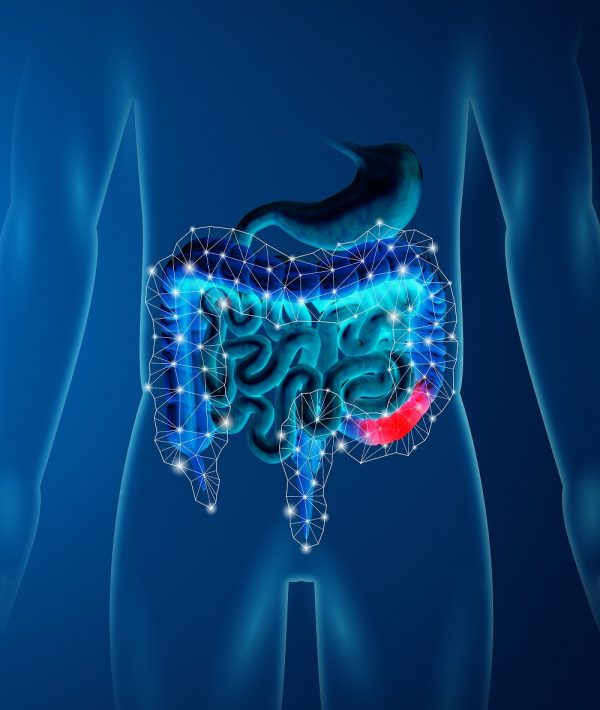
Overview
Gastroenterology And Hepatobiliary Sciences
The Department of Gastroenterology and Hepatobiliary Sciences at our hospital delivers advanced, comprehensive care for a wide range of gastrointestinal, pancreatic, liver, and biliary disorders. Our dedicated team of highly qualified and experienced Gastroenterologists utilizes cutting-edge technology to provide exceptional services.
We offer both outpatient (OPD) and inpatient (IPD) management for gastrointestinal, hepatic, and biliary disorders. Our diagnostic capabilities include a variety of endoscopic procedures such as Gastroscopy, Duodenoscopy, Enteroscopy, Colonoscopy, and Endoscopic Retrograde Cholangiopancreatography (ERCP). These procedures are instrumental in diagnosing and treating conditions affecting the digestive system.
In addition to routine care, our department excels in managing acute and life-threatening conditions such as Acute Liver Failure, gastrointestinal bleeding, Acute Pancreatitis, Acute Colitis, Biliary Sepsis, and more. We perform therapeutic procedures including Polypectomies, Variceal Banding, Foreign Body Removal, GI Stenting, and treatment for GI bleeding.
Our services also encompass specialized interventions such as Percutaneous Endoscopic Gastrostomy (PEG) tube placement, Balloon Dilatation for benign and malignant strictures and achalasia, and Biliary procedures such as Gallstone Removal and Stenting of the Common Bile Duct (CBD).
Cardiothoracic
Neurosurgery
Pharmacology
Healthcare
- Diagnostic Services
- Procedures and Treatments
- Innovative Technologies
- Milestones
Diagnostic upper GI endoscopy
Colonoscopy, and side-viewing endoscopy with biopsy capabilities
Management of gastrointestinal bleeding
Using techniques such as EVL (banding), EST/Glue injection, Hemoclips, OTSC, and Argon Plasma Coagulation (APC)
Stricture dilatation
Balloon or bougie and pneumatic balloon dilatation for Achalasia cardia
Polypectomy
Placement/removal of PEG tubes for feeding
Placement of Esophageal, Duodenal, and Colonic Self-Expandable Metal Stents (SEMS)
Procedure to help manage blockages or strictures
Endoscopic Retrograde Cholangiopancreatography (ERCP)
For pancreaticobiliary disorders, including stone removal, stricture dilatation, and placement of stents/SEMS
Fibroscan
For liver assessment
Ultrasound
For liver imaging
Liver biopsy
When indicated for assessment of liver conditions
Equipped with a modern endoscopy and diagnostic laboratory, we offer specialized procedures to diagnose and treat a range of gastrointestinal and liver disorders.
Our team of experienced gastroenterologists and hepatologists offers a comprehensive range of treatment modalities, encompassing medical management, lifestyle adjustments, and minimally invasive procedures. We collaborate closely with gastrointestinal (GI) and hepatopancreatobiliary (HPB) surgeons to deliver surgical interventions, including liver transplantation when required. Each patient receives a personalized treatment plan tailored to their specific needs and condition.
The department is fully equipped to handle gastrointestinal emergencies such as GI bleeding, acute pancreatitis, cholangitis, intestinal obstruction, complicated liver abscess, acute liver failure, hepatic encephalopathy, liver failure, and foreign body ingestion. Our approach prioritizes timely and effective interventions to ensure optimal outcomes for patients facing acute and chronic gastrointestinal and hepatobiliary challenges.
- Endoscopy Suite
Equipped with state-of-the-art endoscopy technology.
Procedure rooms for colonoscopies, upper endoscopies, and other diagnostic procedures.
Recovery area for patient post-procedure care. - Hepatology Clinic
Consultation rooms for managing liver diseases.
Treatment rooms for liver biopsies and other liver-related procedures. - Gastroenterology Clinic
Consultation rooms for gastrointestinal disorders.
Treatment rooms for infusions, injections, and other procedures.
- Imaging and Diagnostic Facilities
Radiology department with CT and ultrasound equipment.
Pathology department for tissue diagnosis. - Surgical Facilities
Operating rooms dedicated to gastrointestinal and liver surgeries.
Post-anesthesia care unit (PACU) for patient recovery. - Patient Rooms
Private and semi-private rooms designed for patient comfort and care. - Support Facilities
Pharmacy for medication dispensing.
Nutrition and dietetics department for patient education and counseling.
NABH Accreditation
The hospital has been accredited by the National Accreditation Board for Hospitals & Healthcare Providers (NABH), signifying its commitment to quality healthcare delivery and patient safety.
Over 20,000 Upper and Lower GI Endoscopic Procedures
The department has successfully performed more than 20,000 diagnostic and therapeutic endoscopic procedures for upper and lower gastrointestinal (GI) conditions.
Expertise in ERCP Procedures
The department has extensive experience in performing Endoscopic Retrograde Cholangiopancreatography (ERCP) procedures. Used to diagnose and treat conditions of the bile ducts and pancreas, such as bile duct stones, strictures, and pancreatic duct abnormalities.
Our Team
Our Specialist Doctors
Dr. Malik Hamid
Dr. Asim Mushtaq Patloo
Dr. Amir Mushtaq Parray
Duha Jan
Dr. Zubair Rashid
Dr. Haroon Rashid Naqshi
Testimonials
I am highly satisfied with the services provided at Noora Hospital. The doctors and staff were especially cooperative and attentive, ensuring a great experience.
Ashfaq Rather
A truly excellent hospital equipped with top-notch facilities. The services provided are outstanding, supported by highly qualified and cooperative staff.
Aqib Khan
Best hospital in the valley with well-trained staff. The staff is friendly and professional, ensuring a welcoming experience. The environment is fresh and comforting for patients and visitors alike.
Idrees Kalgan
State-of-the-art facilities available. Exceptional patient care provided. Highly experienced medical professionals on board.
Aamlr Nazir
FAQ
Gastroenterologists treat a variety of conditions related to the digestive system, including acid reflux, inflammatory bowel disease, irritable bowel syndrome, and gastrointestinal cancer.
An endoscopy is a procedure where a flexible tube with a camera is inserted through the mouth or rectum to visualize and examine the inside of the digestive tract.
Preparation for a colonoscopy typically involves following a clear liquid diet, taking prescribed laxatives, and avoiding certain medications as directed by your healthcare provider.
Symptoms of liver disease can include jaundice (yellowing of the skin and eyes), fatigue, abdominal swelling, and dark urine.
